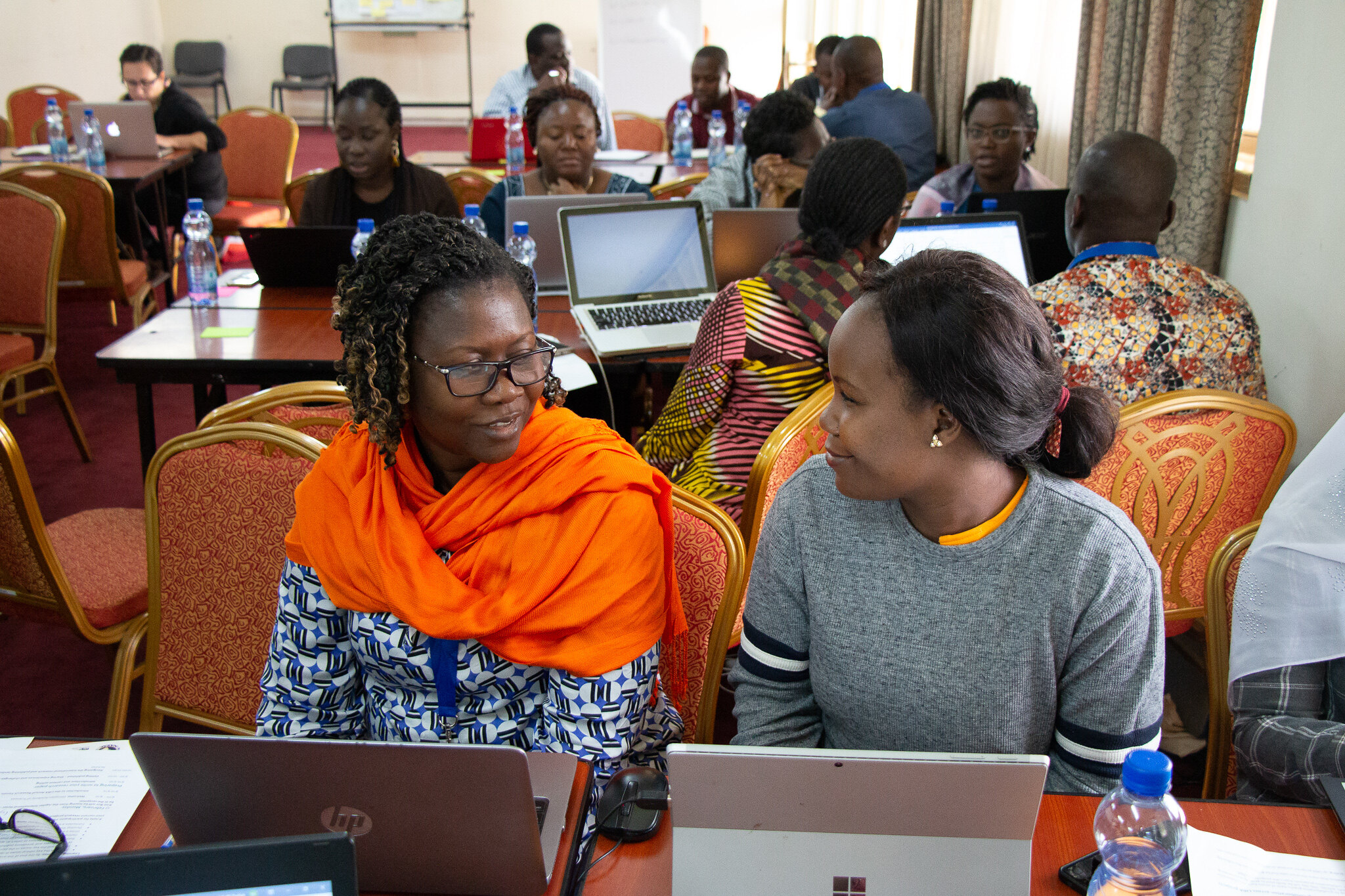
Between 17 and 19 February 2020 35 early-career researchers carrying out projects under the Leading Integrated Research for Agenda 2030 in Africa (LIRA 2030) programme met in Addis Ababa, Ethiopia, for a meeting generously hosted by the Ethiopian Academy of Sciences. They were joined by members of the programme’s Scientific Advisory Committee and other leading scholars and practitioners on urban and transdisciplinary research.
Over the first two days, the researchers took part in a training on scientific writing to increase publication success. The training was delivered by INASP and covered topics such as navigating the international research and publishing landscape, identifying suitable journals for a research paper, tips for writing, dealing with peer review, and raising the visibility of publications.
The Forum also provided an opportunity for researchers funded through the LIRA2030 programme in 2017, 2018 and 2019 to learn about urban development in Ethiopia and explore new collaborations across the projects.
Photos from the event are available here.
Later this year, the LIRA programme will support up to nine new collaborations from within the existing funded projects. They will be supported with up to 20,000 Euros each in order to stimulate learning across African cities in dealing with sustainability challenges. We are looking for collaborative projects that contribute to the following themes: